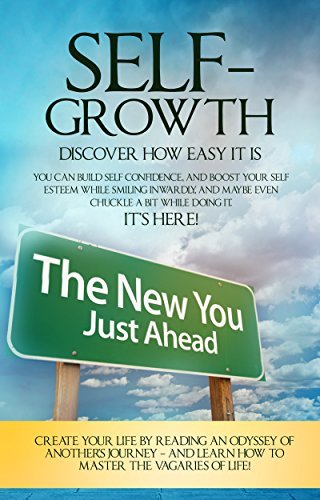
The Mountain Is You: Transforming Self-Sabotage Into Self-Mastery
Book Description
What if the biggest obstacle to your dreams is the person staring back at you in the mirror? In 'The Mountain Is You', Brianna Wiest brilliantly dismantles the chains of self-sabotage that bind so many. With razor-sharp insights and transformative strategies, she invites readers to confront their inner struggles and harness the power of self-mastery. Each page ignites a spark of awareness, revealing that the path to greatness lies not in avoiding the mountain, but in ascending it. Are you ready to conquer the fears that hold you back and discover the greatness within?
Quick Book Summary
"The Mountain Is You" by Brianna Wiest is a transformative self-help guide that explores the patterns and roots of self-sabotage, urging readers to recognize that their greatest obstacles often originate within. Wiest leverages a blend of psychology, personal development, and poetic insight to empower individuals to confront their inner "mountains." The book unpacks why we subconsciously stand in our own way, providing practical frameworks and empathetic wisdom for lasting change. By highlighting the importance of self-awareness, emotional intelligence, and intentional action, Wiest inspires readers to reclaim agency over their lives, fostering resilience and self-mastery. Ultimately, the book is a call to take responsibility for our personal growth, conquer fear-driven behaviors, and build a life aligned with our deepest values.
Summary of Key Ideas
Table of Contents
Understanding Self-Sabotage and Its Origins
Wiest opens by exploring the root causes of self-sabotage, inviting readers to identify the subconscious motivations that lead to cycles of self-doubt, procrastination, and destructive behavior. She discusses how past experiences and unresolved emotions can foster protective patterns that ultimately undermine personal goals. By visualizing self-sabotage as a self-created mountain, Wiest reframes internal obstacles not as insurmountable barriers, but as opportunities for growth.
The Role of Emotional Intelligence in Personal Growth
The book delves deeply into the role of emotional intelligence, emphasizing that change begins with self-awareness. Wiest encourages readers to observe their thought patterns and emotional triggers without judgment. She explains how understanding and accepting uncomfortable emotions allows us to break free from automatic responses, communicate effectively with ourselves, and make more conscious decisions in service of our wellbeing.
Transforming Limiting Beliefs Into Empowering Narratives
A central theme is the transformation of limiting beliefs. Wiest contends that many mental roadblocks stem from stories we tell ourselves about our worth, capability, or destiny. She provides strategies for identifying these self-imposed limitations and reshaping them into empowering narratives. Through reflection and self-inquiry, readers learn to question old assumptions and install new, healthier perspectives aligned with their ambitions.
Practical Strategies for Building Self-Mastery
Practicality is at the heart of Wiest’s advice. She introduces actionable tools such as journaling, goal-setting, and establishing daily rituals to interrupt cycles of self-sabotage. These exercises are intended to foster discipline and resilience, turning insights into consistent action. Wiest stresses that self-mastery is a lifelong process, requiring patience, commitment, and continual self-compassion as setbacks arise.
The Journey From Fear to Transformation
Concluding, Wiest reframes the ascent of our personal mountains as essential, not avoidable. She reassures readers that confronting fear and discomfort is fundamentally transformative. Personal growth, she argues, comes from viewing challenges as invitations to evolve rather than obstacles to be feared. By mastering the self, we move from reactive living to purposeful creation, harnessing our innate capacity for change and fulfillment.
Download This Summary
Get a free PDF of this summary instantly — no email required.





